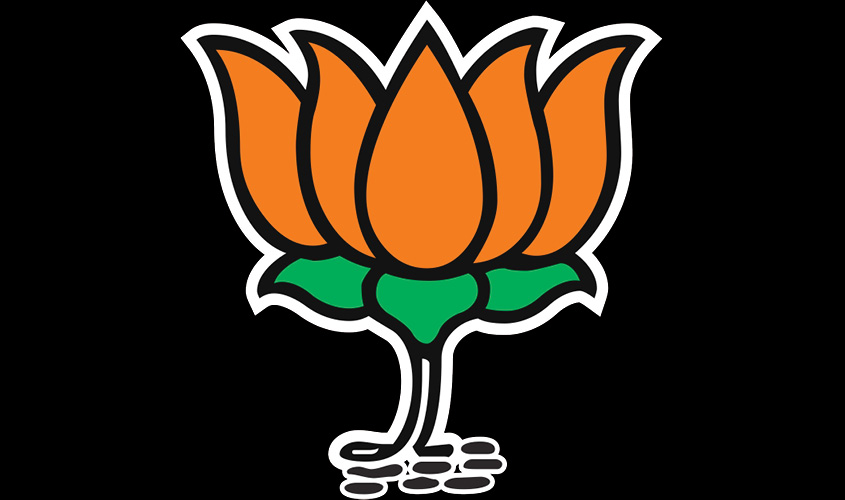National Executive meet to set tone for upcoming Assembly and LS polls.
Senior Bhartiya Janata Party leaders from across the country will assemble in the national capital for a two-day national executive meeting this month, which will set the tone for the Assembly elections in four states, followed by next year’s Lok Sabha elections. This will be followed by a meeting of the Chief Ministers of BJP ruled states.
The meeting, to be held on 18 and 19 August at the NDMC convention centre, will deliberate on the strategy to be adopted for the Assembly elections in Rajasthan, Madhya Pradesh, Chhattisgarh and Mizoram. The last NE meeting was held 11 months ago.
The BJP’s constitution mandates holding of the NE meeting every three months. However, the BJP chief Amit Shah delayed the meeting this time as he was busy focussing on organisational expansion in the states. Shah has visited most of the states in June and July for taking stock of the situation on the ground, as a part of preparations for the LS elections.
“This NE meeting is important for the BJP as the party would seek ideas from party leaders how to deal with the emerging Opposition unity in the 2019 Lok Sabha elections. Besides, the party will also decide on how to work out the outreach programme to connect with the people. BJP president Amti Shah would ask the party leaders from other states to camp in poll-bound states,” said a BJP leader.
The meeting will also discuss the organisational preparedness for elections and specific assignments would be given to party leaders.
As a follow-up, the Chief Ministers of BJP-ruled
The meeting will be addressed by Prime Minister Narendra Modi and BJP chief Amit Shah. A similar meeting was held on 28 February, during which the Chief Ministers were given assignments. Sources said this may be the last such meeting of CMs before the general elections.
The BJP rules on its own in 15 states and shares power in four other states.

